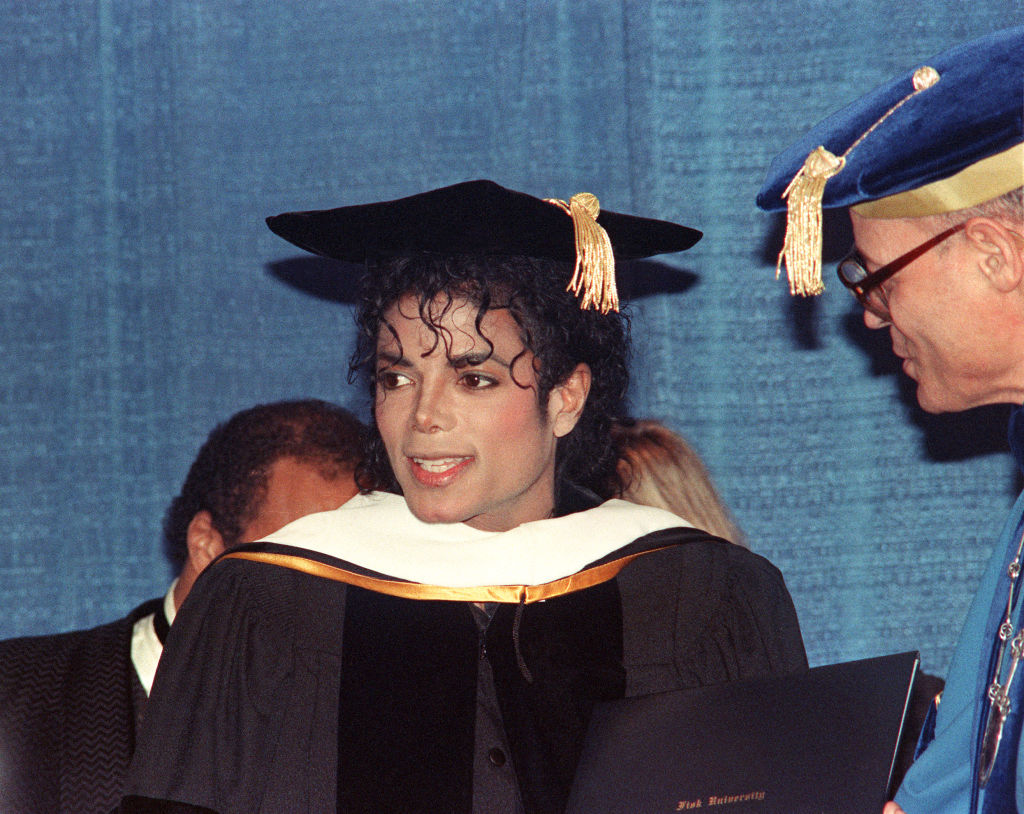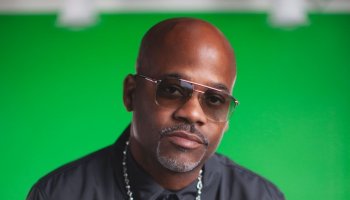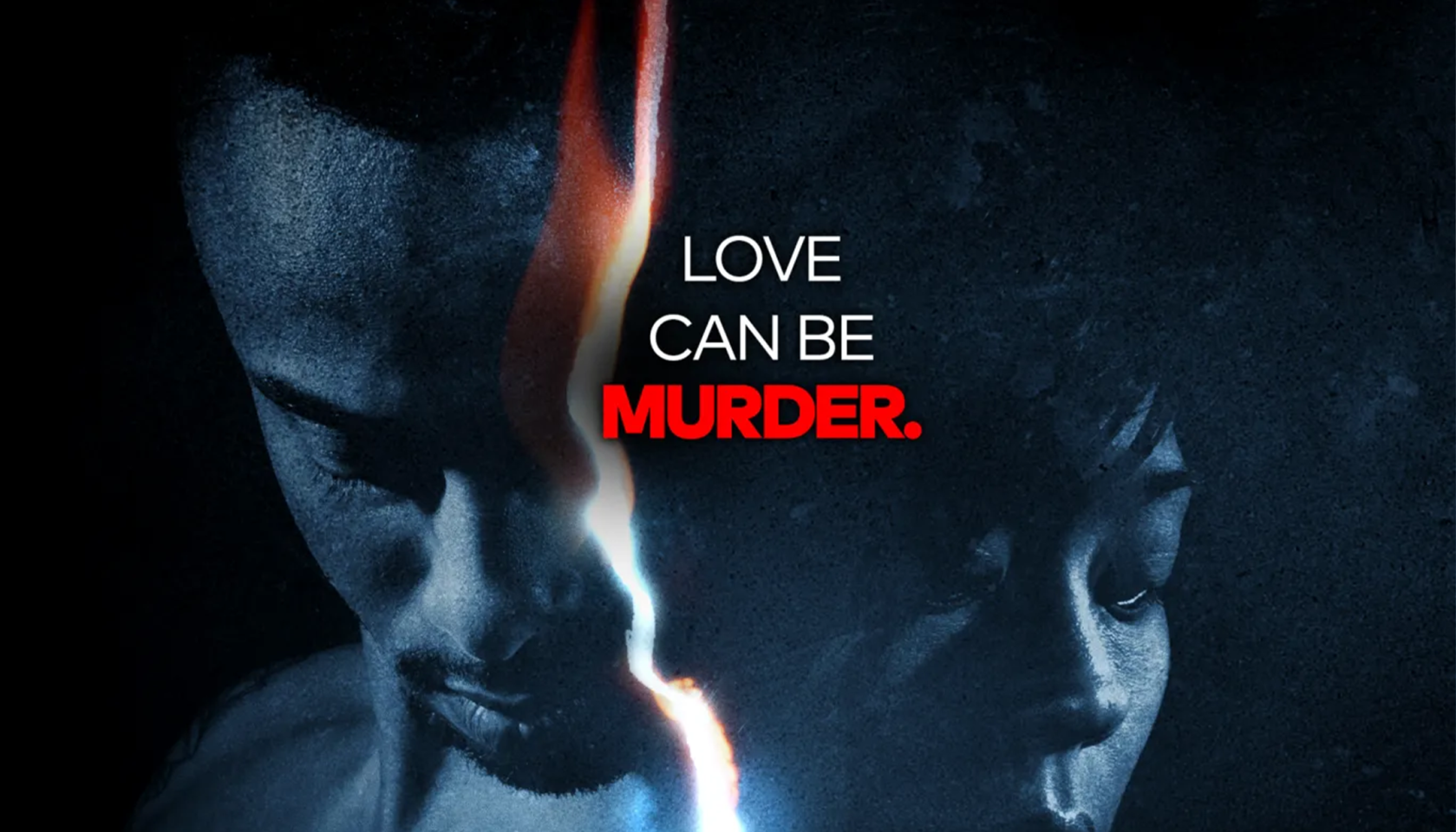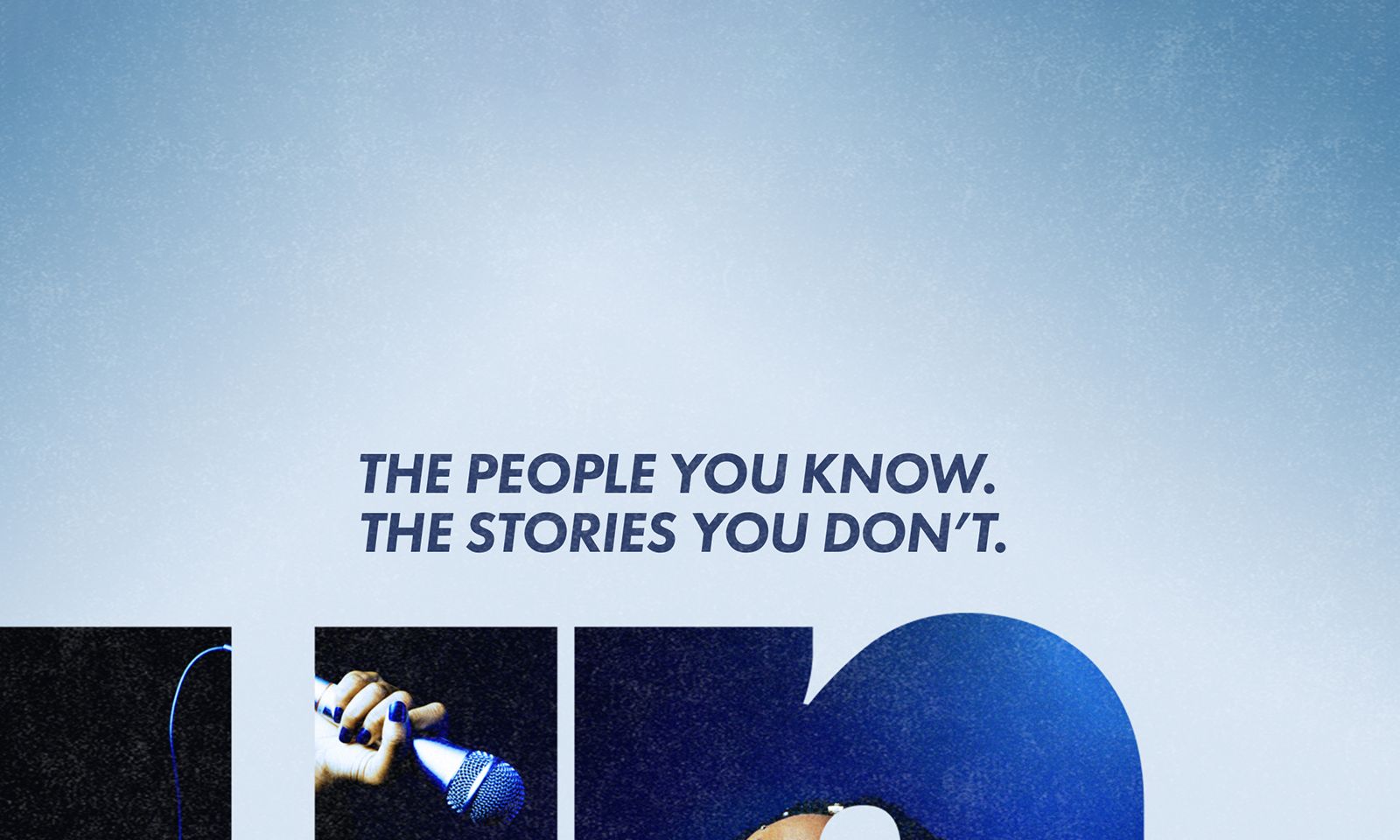The Forgotten Philanthropy Efforts of Michael Jackson

Michael Jackson is most notoriously known as the juggernaut entertainer who changed the culture of pop music from what it once was.
A superstar in his own right at an early age, redefining the Motown sound with his brothers in the legendary Jackson 5, Jackson redefined what it meant to be an artist during a time when Black musicians were not being rightfully recognized. He revolutionized not only the genre of Pop music, but also broke down color barriers on the popular MTV with the release of his music videos “Thriller” and “Billie Jean” being played on their channel— something a Black musician had never done before.
But we could talk about his music all day, from his historic clean sweep winning eight Grammy awards, including album of the year in 1984 for “Thriller,” or how his music crossed borders and opened doors for Black artists worldwide. Or even his innovation when it came to his music videos (or short films, as he often called them) and birthing a generation of artists who wanted to not only follow in his footsteps, but gain the respect from the crowned “King Of Pop.”
Renowned as one of the greatest entertainers of all time, many often overlook Jackson’s lasting legacy regarding his humanitarian efforts.
By 1988, Jackson was the most famous person in the world. Everywhere he travelled caused “Jackson Mania,” with hundreds of fans passing out at concerts or just at the sight of him. But with his out-of-this-world kind of fame, Jackson had a profound need to give back to the world with humanitarian work.
Over his lifetime, Jackson has given over $300 million to various charities and organizations, including the Red Cross, the NAACP, the Make-A-Wish Foundation, the United Negro College Fund and many others.
In 2000, “The Guinness Book of World Records” credited him for supporting over 39 charities, a record for the most supported by a pop star.
“When you have seen the things I have seen and travelled all over the world, you would not be honest to yourself and the world to [look away],” Jackson said.
A lot of Michael Jackson’s humanitarian efforts are attributed to his early years as a child superstar. When receiving his earnings working as the lead singer in the Jackson 5, he would often buy ice cream and bubble gum from children in his neighborhood, according to several members of his family. While in the group, they would often play benefit concerts, including the 1970 Joe Louis benefit concert, or perform for the mayor of Gary, Indiana, for his re-election campaign.
In 1972, the Jackson 5, among several artists including Roberta Flack, Nancy Wilson and Marvin Gaye, played at the Save the Children at the International Amphitheater of Chicago— later turned into a documentary by Netflix.
In 1984, after suffering from second and third-degree burns from an explosion on the set of a Pepsi commercial, Jackson often visited other patients in the burn ward he was recovering in. Two Pepsi commercials debuted at the Grammy award ceremony that year, where Jackson donated the earnings— an estimated $1.5 million, to a center later named after him, “The Michael Jackson Burn Center For Children”.
Jackson would reflect on his philanthropy in music, including the No. 1 Billboard charted hit “Man in the Mirror,” released in 1988. All the proceeds from the song’s success, Jackson would later donate to Camp Ronald McDonald for Good Times, which helped children suffering from cancer. He would go on to release other humanitarian songs that brought awareness to climate change, world hunger, racism, and police brutality.
Jackson also made several contributions to Black-led charities and organizations. In 1986, he funded a $1.5 million “Michael Jackson UNCF Endowed Scholarship Fund” that offers financial support to Black students pursuing degrees in social science and communication arts, which is still up and running through his estate to this day, according to the scholarship’s website.
In 1988, he donated $600,000 proceeds of his Madison Square Garden Bad Concert performance to the United Negro College Fund, becoming one of the UNCF’s biggest donors. Because of his contributions, he received an honorary doctorate degree from Fisk University during the UNCF awards.

The passage from the book “Earth Song: Michael Jackson and the Art of Compassion” stated that Jackson designed the Heal The World Foundation to address poverty and illnesses in international countries, including several in Africa.
In addition to the many charities he supported, his interest in global affairs ultimately led him to establish the Heal the World Foundation in 1992, based on the track from his Dangerous album. Jackson described that track as a “public awareness song” intended to raise money and consciousness for humanitarian issues around the world. The Heal the World Foundation was designed to be much more comprehensive than U.S.A. for Africa, addressing poverty, education, disease (including AIDS), and relief in the wake of wars, genocide and natural disasters.
Jackson would also invite children from inner-city neighborhoods to his Neverland Ranch amusement park, including “children with special needs from Santa Barbara and some from the First AME Church in Los Angeles” according to an article from the Los Angeles Times.
This is only a small acknowledgement of the overlooked humanitarian legacy that Jackson left behind. He did not believe in helping people just for cameras or a tax write off, like so many believe. He had a passion for healing the world, children and the earth. And as we continue to honor his musical legacy, we cannot forgot the phenomenal contributions to organization that he also left behind.
“I hate to see suffering. I hate to see people in need and I feel God gave me a gift and I have to use it responsibly by giving back and I’ll do it until I have pennies left or the good Lord calls me home.” — Michael Jackson
The Forgotten Philanthropy Efforts of Michael Jackson was originally published on foxync.com














